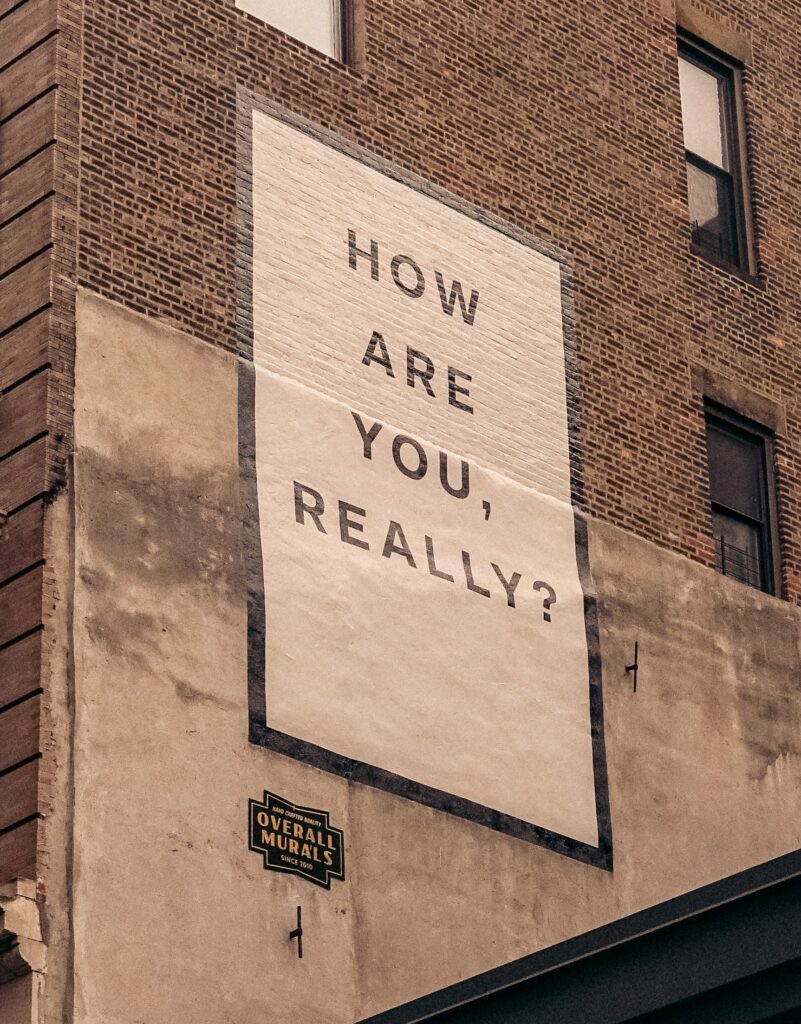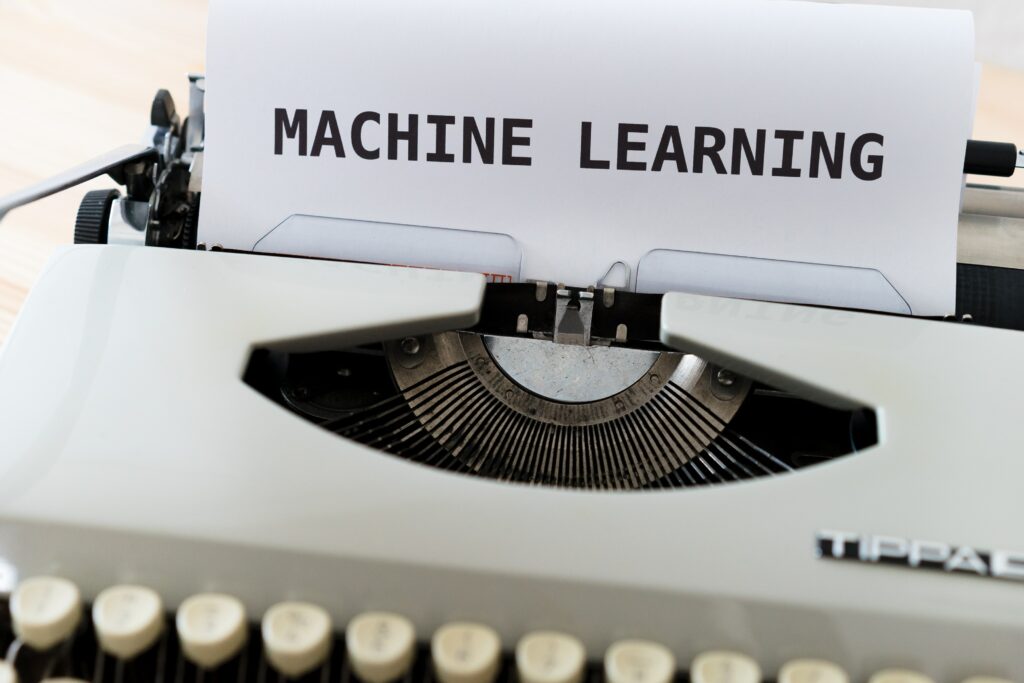
People say that no one knows you better than yourself. However, this isn’t always true. Are you truly aware of how healthy your organs are? Do you know what your mental health is like? You might have a rough idea of their states and how well you are overall. However, that’s all there is to it: a rough idea. You don’t honestly know what state your body is in without the help of technology. In fact, we dare say that your smartphone is more aware of your health than you are.
That being said, when it comes to mental illness, understanding one’s mental health by themselves can be next to impossible. Only through technology is this possible, and pairing this with a watchful eye of a clinician, one’s mental health can truly be understood.
That headline might sound like a big claim to make, but hear us out. Imagine a dashboard a clinician has under their fingertips that shows the fluctuations of your brain function, behavior, and more, paired with machine learning to quickly detect mental illness patterns and trends to propose a treatment. While this might sound like a solution from the future, it has already been thought of and is under development.
One solution that brings us closer to this reality is called Digital Phenotyping. Digital phenotyping refers to the real-time collection and analysis of data from personal digital devices, like smartphones and wearables, to understand individual behavioral patterns and mental health states. By leveraging the sensors and features already present in these devices, this approach gathers a wealth of information about how we interact with technology and our environment.
The methodology behind digital phenotyping involves both passive and active data collection. Passive data collection gathers information without any additional effort from the user. This includes tracking metrics such as location data from GPS, activity levels from accelerometers, communication patterns from call and text logs, and even typing behaviors like speed and accuracy. Active data collection, meanwhile, may involve prompts for the user to complete surveys or cognitive tasks that provide direct insights into their mental state.
Once collected, this data is analyzed using advanced algorithms and machine learning techniques to identify patterns and indicators of mental health conditions. For instance, significant changes in sleep patterns, reduced social interaction, or irregular movement may signal the onset of depression or anxiety. By detecting these signs early, digital phenotyping enables clinicians to intervene sooner and tailor treatments to the individual’s needs.
This integration of technology and mental health care represents a significant shift toward personalized medicine. With digital phenotyping, clinicians have the potential to monitor patients continuously, adjust treatments in real time, and ultimately improve outcomes by providing support precisely when and where it’s needed.
While the evolution of such projects is still ongoing, two factors have helped speed the development of digital phenotyping since 2016. First, we already have the technology to process data from our daily actions, behaviors, brain functions, and other vitals locally, on-device. Can you guess what device it is?
It’s your smartphone! Many of us live our lives on our smartphones, which makes our daily use of the device an excellent way for clinicians to collect data about a person’s mental state. This data includes various factors such as sleep patterns observed through app usage timings, social media interaction frequency, movement patterns tracked by built-in sensors, and voice tone analyzed during calls. Even application usage habits can provide insights, as well as typing metrics like speed and accuracy, response times to notifications, and changes in communication styles. Additionally, devices like smartwatches can monitor physiological indicators such as heart rate variability and sleep quality. Combined, these technologies offer a comprehensive picture of one’s mental and physical health.

The second reason development of digital phenotyping is rapidly exploding is thanks to machine learning. Machine learning has allowed many individuals and entities to process an extensive amount of data and quickly understand it in a short period of time. In Passive Digital Phenotyping, scientists can use machine learning to understand a person’s cognitive situation from a remote location, alerting clinicians to any red flags that the machine detects to be an issue in real-time.
While the technology to fully support and make digital phenotyping reliable is ongoing, the future holds plenty of optimistic promises. However, it is crucial to address the privacy concerns that come with collecting sensitive mental health data. By implementing data anonymization techniques, personal identifiers are removed or encrypted, ensuring individuals remain untraceable. Secure data storage solutions, such as encrypted databases and restricted access protocols, protect information from unauthorized access. Moreover, obtaining informed consent from users before data collection ensures ethical standards are met and individuals are aware of how their data will be used. With these measures in place, digital phenotyping can advance while safeguarding patient privacy and fostering trust between individuals and healthcare providers.